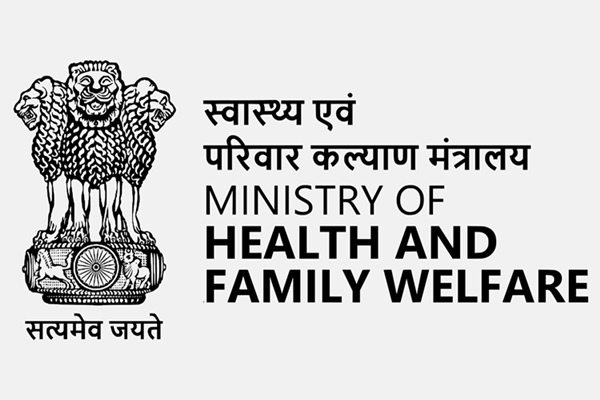The Pradhan Mantri–Ayushman Bharat Health Infrastructure Mission (PM-ABHIM), launched in October 2021, has emerged as one of India’s largest healthcare initiatives aimed at strengthening the nation’s preparedness for future pandemics and health emergencies. With a total outlay of ₹64,180 crore for the period 2021–26, the mission seeks to develop a resilient, accessible, and self-reliant public health system by upgrading healthcare infrastructure across all levels—from primary to tertiary care.
The COVID-19 pandemic exposed critical gaps in global and national healthcare systems, underscoring the need for robust public health infrastructure. PM-ABHIM was conceptualised to address these gaps and enhance India’s capacity to respond effectively to future outbreaks, health emergencies, and evolving public health challenges.
The mission focuses on upgrading and expanding health facilities such as Ayushman Arogya Mandirs (AAMs), Block Public Health Units (BPHUs), Integrated District Public Health Labs (IPHLs), and Critical Care Hospital Blocks (CCBs). It also emphasises the creation of a nationwide disease surveillance network integrated with laboratories at block, district, and national levels for real-time monitoring and response to potential health threats.
PM-ABHIM builds upon the foundation laid by the National Health Policy 2017, which underscored the role of community-based health systems and local participation in public health preparedness. It also aligns closely with the National Health Mission (NHM) and the Ayushman Bharat Scheme, reinforcing their collective aim to provide affordable and quality healthcare to every citizen.
The Ayushman Bharat initiative, launched in 2018, strengthened India’s healthcare delivery through four major pillars—Ayushman Bharat–Pradhan Mantri Jan Aarogya Yojana (AB-PMJAY), Ayushman Arogya Mandirs, the Ayushman Bharat Digital Mission (ABDM), and PM–ABHIM. Together, these programmes ensure accessible healthcare at primary, secondary, and tertiary levels.
PM-ABHIM’s objectives centre on improving healthcare accessibility and readiness through infrastructure development, research, and innovation. The mission promotes the One Health approach, which recognises the interdependence between human, animal, and environmental health—an essential strategy for tackling infectious diseases.
Under the mission, 17,788 Sub-Health Centres without buildings have been approved for upgradation into Ayushman Arogya Mandirs, while 11,024 Urban AAMs are being established to provide primary healthcare in slum and underserved areas.
Additionally, 3,382 Block Public Health Units (BPHUs) are being set up to strengthen block-level health administration, 730 Integrated Public Health Laboratories (IPHLs) are being developed—one in each district—for improved diagnostics and surveillance, and 602 Critical Care Hospital Blocks (CCBs) are being built in districts with populations exceeding five lakh to enhance tertiary care capacity.
So far, administrative approvals worth ₹32,928.82 crore have been granted to States and Union Territories, covering thousands of AAMs, BPHUs, IPHLs, and CCBs nationwide.
Between FY 2021–22 and FY 2025–26, a total of ₹64,180 crore has been allocated under PM-ABHIM. Of this, ₹54,204.78 crore is dedicated to the Centrally Sponsored Scheme (CSS) component—comprising Central, State, and Fifteenth Finance Commission shares—while ₹9,339.78 crore is allotted to the Central Sector (CS) component.
In a broader context, PM-ABHIM aligns with global health priorities set out under the World Health Organisation’s (WHO) Pandemic Agreement, adopted in May 2025.
The agreement seeks to make pandemic response more equitable and coordinated by ensuring fair access to vaccines, diagnostics, and therapeutics worldwide. It also complements the International Health Regulations (IHR), which were amended to strengthen global outbreak detection and response mechanisms.
PM-ABHIM contributes directly to Sustainable Development Goal 3 (SDG-3), which aims to end epidemics of communicable diseases, achieve universal health coverage, and ensure access to affordable medicines and vaccines for all by 2030.
Four years since its launch, PM-ABHIM has transformed India’s health infrastructure landscape. By investing ₹64,180 crore to enhance healthcare facilities, disease surveillance systems, and research capabilities, the mission has built a stronger, more responsive health system.
As India advances toward universal health coverage and global health targets, PM-ABHIM’s integrated, community-focused model—aligned with Ayushman Bharat and international frameworks—positions the country to face future health crises with resilience and preparedness.














